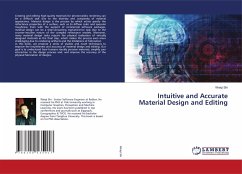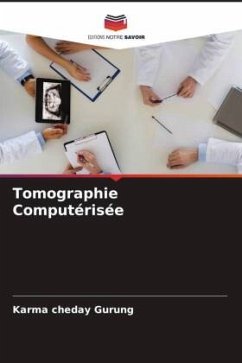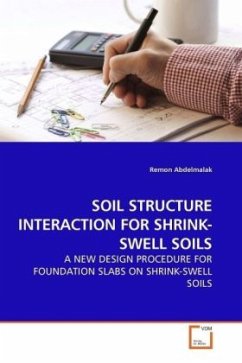
Intuitive Interaction with Complex Artefacts
Empirically-Based Research
Versandkostenfrei!
Versandfertig in 6-10 Tagen
52,99 €
inkl. MwSt.

PAYBACK Punkte
26 °P sammeln!
This book describes empirical research undertaken into intuitive interaction. This research is significant because it impacts on everyday use of everyday devices by everyday people, and has the potential to affect the ways in which products are designed and, more importantly, the ways in which they are understood by their users. Intuitive interaction involves the use of knowledge gained from other products and/or experiences. It is fast and generally non-conscious. Experimental studies revealed that prior exposure to products employing similar features helped participants to complete set tasks...
This book describes empirical research undertaken
into intuitive interaction. This research is
significant because it impacts on everyday use of
everyday devices by everyday people, and has the
potential to affect the ways in which products are
designed and, more importantly, the ways in which
they are understood by their users. Intuitive
interaction involves the use of knowledge gained
from other products and/or experiences. It is fast
and generally non-conscious. Experimental studies
revealed that prior exposure to products employing
similar features helped participants to complete set
tasks more quickly and intuitively, and that
familiar features were intuitively used more often
than unfamiliar ones. Three principles of intuitive
interaction have been developed. A conceptual tool
has also been devised to guide designers in their
planning for intuitive interaction. Ongoing work
involves further refining this tool and
investigating intuitive interaction for older people.
into intuitive interaction. This research is
significant because it impacts on everyday use of
everyday devices by everyday people, and has the
potential to affect the ways in which products are
designed and, more importantly, the ways in which
they are understood by their users. Intuitive
interaction involves the use of knowledge gained
from other products and/or experiences. It is fast
and generally non-conscious. Experimental studies
revealed that prior exposure to products employing
similar features helped participants to complete set
tasks more quickly and intuitively, and that
familiar features were intuitively used more often
than unfamiliar ones. Three principles of intuitive
interaction have been developed. A conceptual tool
has also been devised to guide designers in their
planning for intuitive interaction. Ongoing work
involves further refining this tool and
investigating intuitive interaction for older people.












